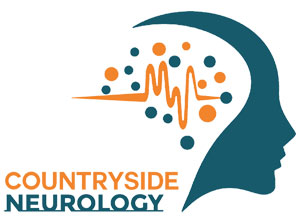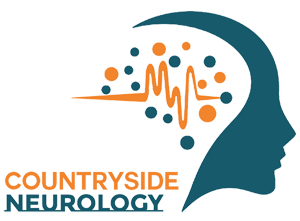Hurricanes and tropical storms are not just weather events—they can profoundly affect our health, particularly for individuals with neurological conditions. Understanding these impacts is crucial for effective preparation and management.
1. Stress and Neurological Symptoms
•Exacerbation of Conditions: Stress from impending storms can worsen symptoms in conditions like migraines, epilepsy, multiple sclerosis (MS), and Parkinson’s disease. For example, stress-induced migraines can become more frequent or severe.
•Hormonal Effects: Elevated stress hormones like cortisol can negatively impact nerve function, potentially leading to flare-ups in autoimmune neurological conditions.
2. Disruption of Medical Care
•Medication Access: Hurricanes can disrupt supply chains, making it difficult to refill prescriptions. Missing doses can lead to symptom exacerbation or disease progression.
•Interrupted Treatments: Scheduled treatments like infusions or physical therapy sessions may be canceled, impacting disease management.
3. Emotional Well-being
•Anxiety and Depression: The uncertainty and potential loss associated with hurricanes can trigger or worsen mental health conditions.
•Cognitive Overload: Those with cognitive impairments may find the complex tasks of preparation overwhelming, increasing stress levels.
4. Physical Challenges
•Mobility Issues: Evacuations and navigating storm-damaged areas can be particularly challenging for those with mobility impairments.
•Safety Risks: Power outages may affect medical equipment, and debris or flooding can pose physical hazards.
Recognizing these impacts allows for better preparation and can help mitigate the adverse effects on neurological health during hurricane season. At Countryside Neurology, we are here to support our patients through every phase of hurricane preparation and recovery. For assistance, call us at (727) 712-1567 or visit our office at 2595 Tampa Rd Suite V&W, Palm Harbor, FL 34684.
For further preparation tips, access Tampa Bay’s Disaster Preparedness Guide here.




